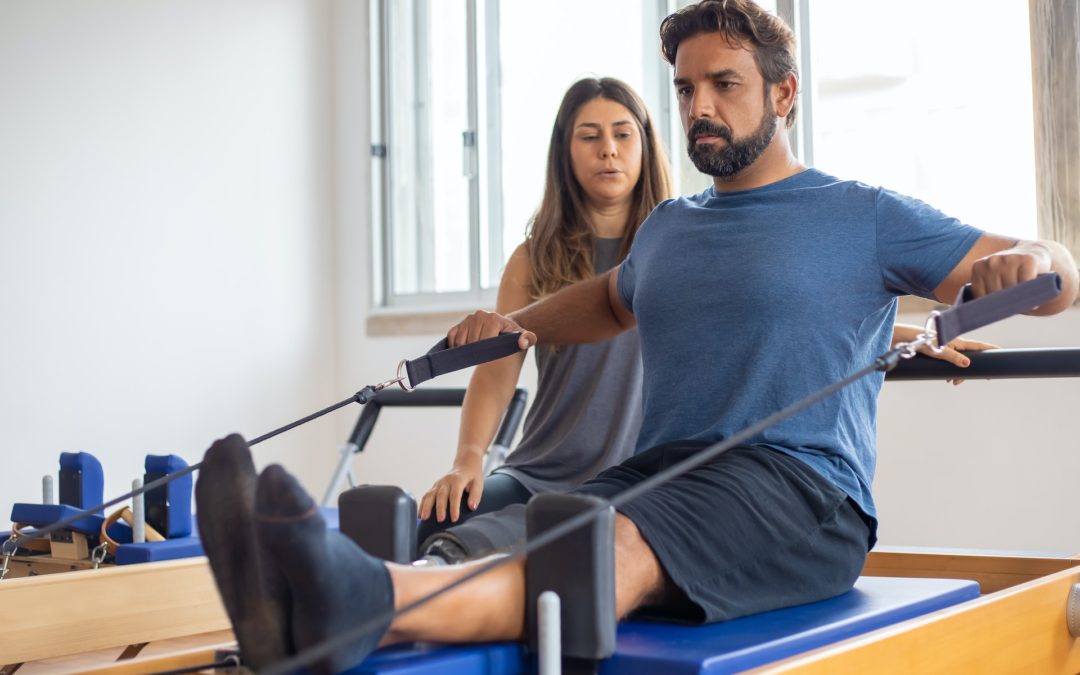Some of us act like we hate being a physical therapy patient. Some of us act like we love being a physical therapy patient.
Hello! My name is Dr. Karen Ceraso, and I am a physical therapist. Today I am going to chat about being a patient in general, and more specifically a physical therapy patient.
We are all patients at some point. Healthy check ups. Physicals. Fitness testing. Basic ear infections. The stomach flu. Sometimes it is more complex than that. Cancer. Spinal cord injuries. Brain injuries. Surgeries. The list obviously goes on.
What part about being a patient changes you? Being a patient can confirm a problem and give you hope. It can confirm that you are fine. In opposition, being a patient can be a long and challenging road ahead. Integrated physical therapy could be a positive path for you.
What do we do as patients? Paperwork. And then there is more paperwork. There are questions. And then there are more questions, most of which you already answered 5 times to another person. There are follow up treatments. There is follow up fitness testing. There are medicines to take. There are procedures to be done. There are surgeries. There are complications. There is integrated physical therapy.
I find it interesting that I have seen similar physical therapy patients with multi-medical journeys and physical challenges. Some present with misery, complaining, and snap at everyone, while others continue to laugh, smile, and happily engage with all. Why?
When I was way younger, I used to think it was how you were raised – which is not true. Now I see as a physical therapist, the variations on each person’s individual journey that has led them to their perspective – both good and bad.
Having a supportive person is a good thing. This does not necessarily mean family, spouse, or neighbor. I have seen homeless, familyless patients that had the support of a nurse or therapist. The patient feels another person has empathy. They are heard. Medical guidance is in their best interest. The system is to help them. The people in the system are doing their best and this patient recognizes that.
A patient that can not, or will not engage in another person’s support is just the opposite. No one can guide this patient on what to do, or when to do it. All of it sounds complicated and messy to them. They are sick and tired of being sick and tired. They do not want to let someone in as no one understands what they are going through. They feel like empathy does not exist.
Interesting that I have seen several opposing scenarios where both types of physical therapy patient’s mindsets either like or dislike being a patient. One would think that the upset and negative person is not liking the patient role they have – however, sometimes they do. It may be their only interaction or attention they have with others is their integrated physical therapy session. They are in a routine and/or habit of their symptom dominant life.
I have also witnessed that some super upbeat happy people are miserable on the inside about being a patient. They do not want to talk about this part of their life, or they do not want to upset anyone, including themself, by thinking of all the red tape. They ignore their symptoms.
This is all just food for thought. How are you as a patient in physical therapy or any intervention? Do you hold things in and smile as if all were good? Do you enjoy participating in physical therapy and fitness testing? Is this really how you feel or are you making yourself an elephant in the room? Do you lack inhibitions and verbally explode because you are angry? Do you have a hard time seeing any positive or inner peace? Both extreme situations should be addressed.
As I said earlier, we are all patients at some point. This is a role that there is no training for. Mental therapies are equally important as physical therapy and medical therapies. I am here to guide you.
CONTACT KAREN L. CERASO


Recent Comments